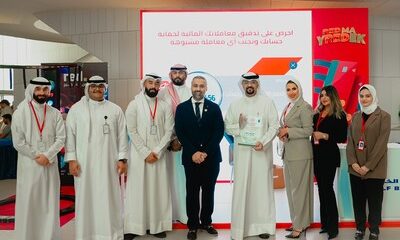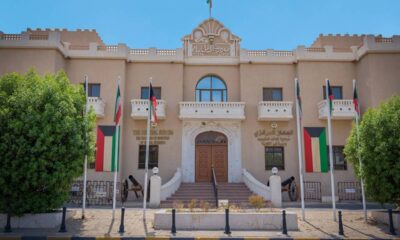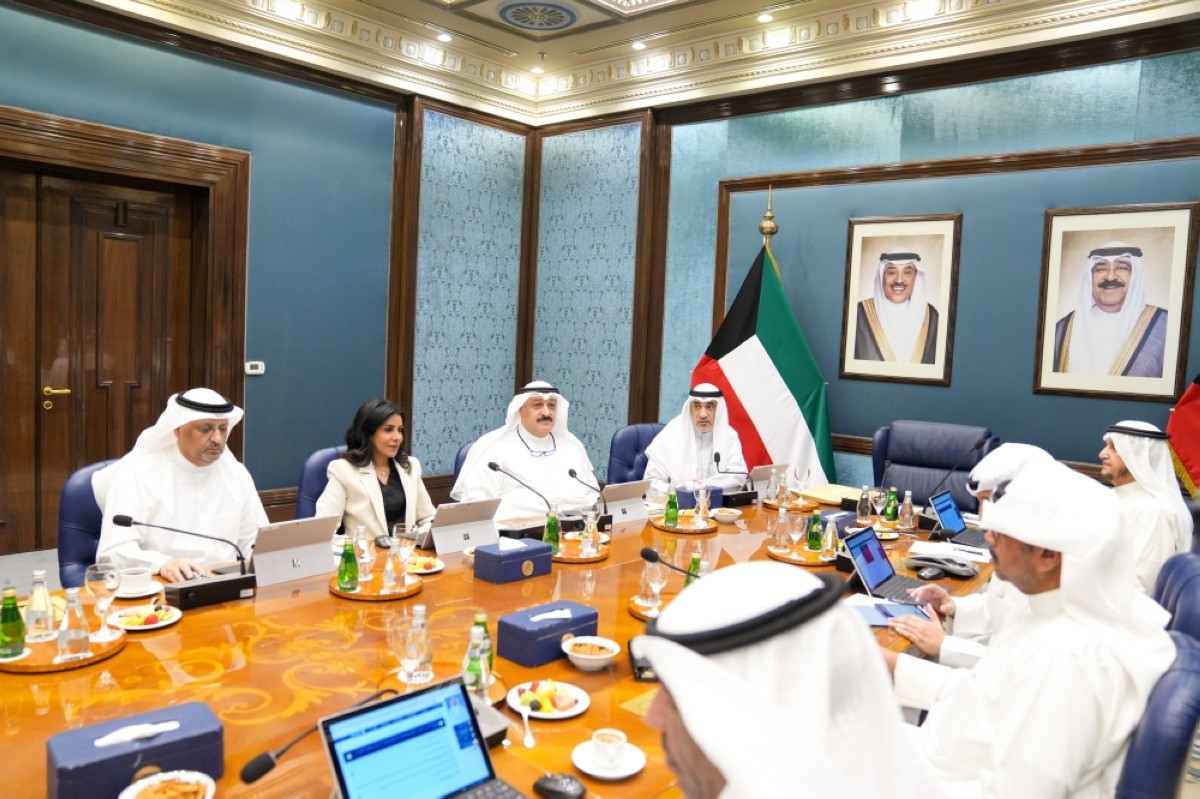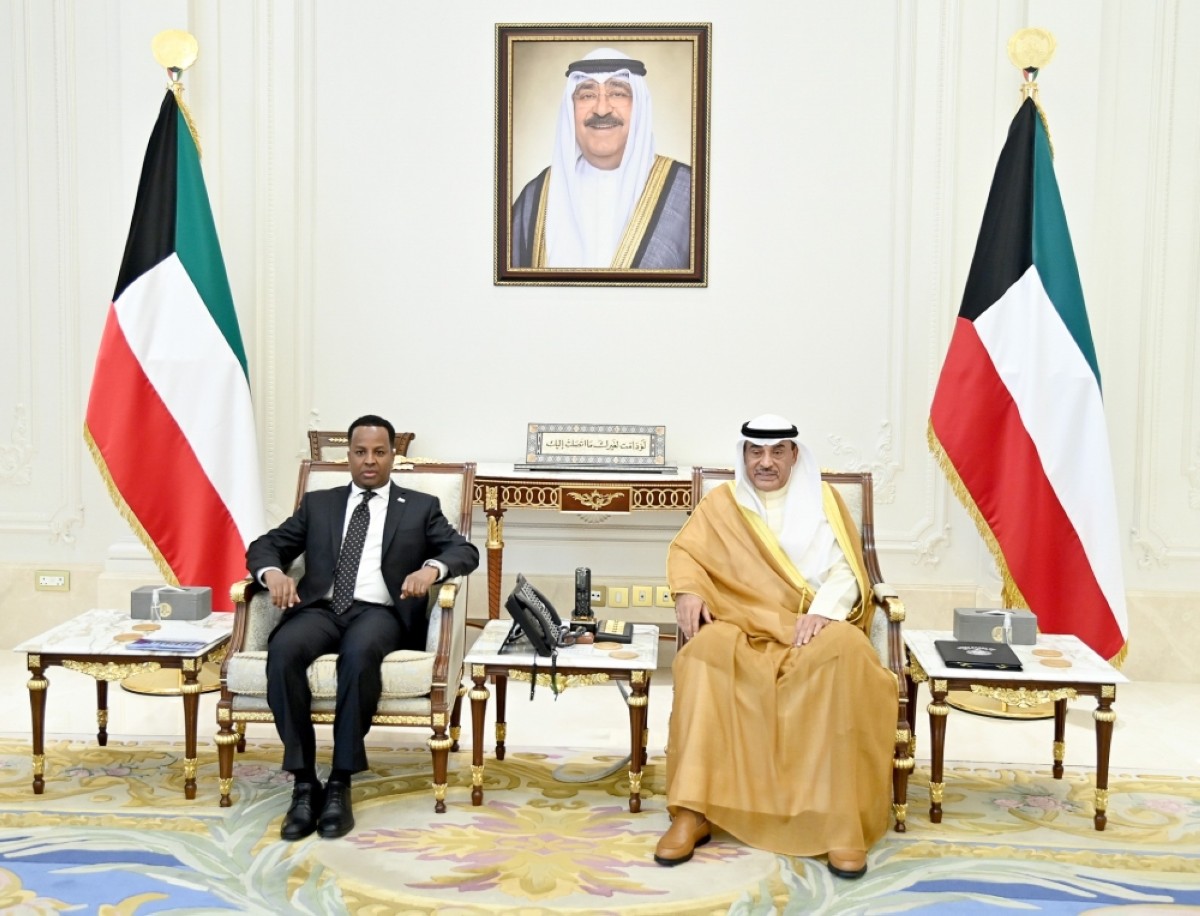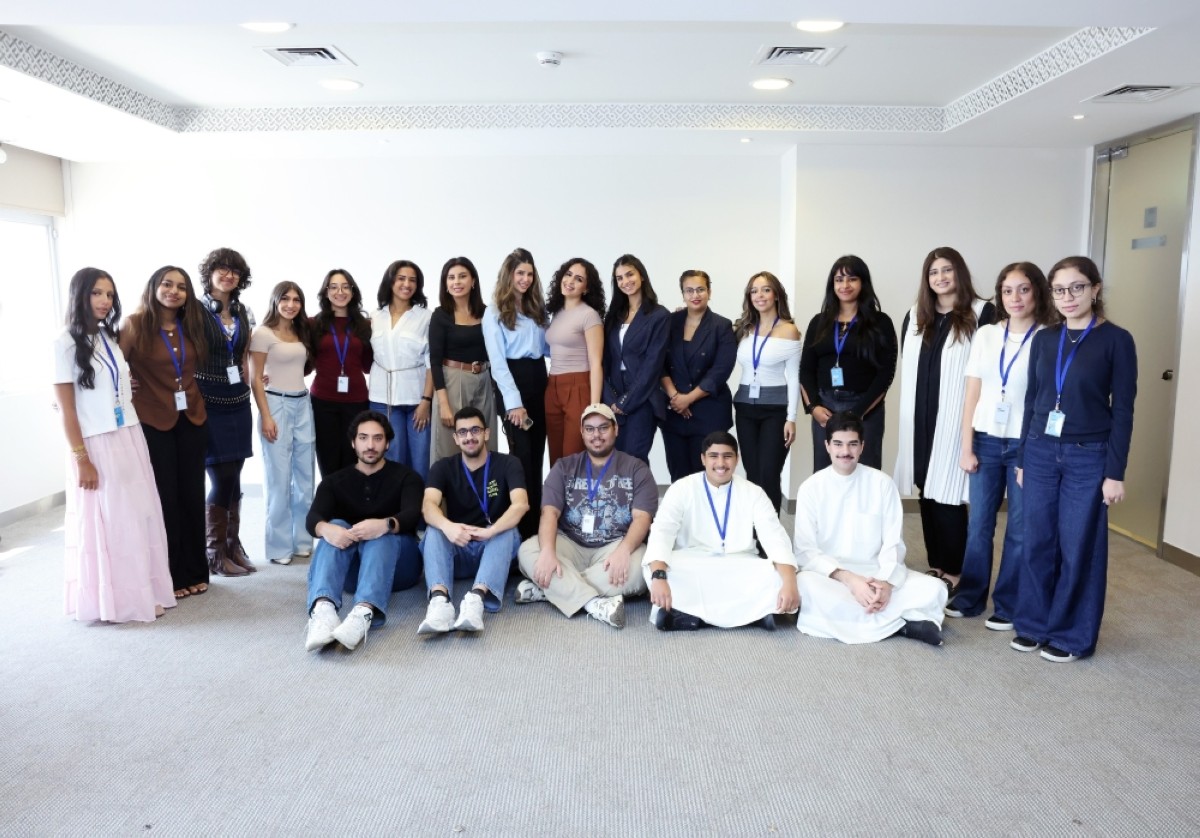KUWAIT: In an exhibition that bridges centuries of shared history, the Indian Embassy in Kuwait marked 250 years of India-Kuwait friendship, a relationship that began long before either nation took its modern form. Held at the National Library of Kuwait on Monday, the exhibition runs until Friday and features a rich collection of rare documents, trade records, and cultural artifacts. Together, they tell the story of how trade, travel, and mutual respect have long connected the peoples of India and Kuwait.
Reviving what he described as the “glorious past between the two countries,” the Indian Ambassador to Kuwait Dr Adarsh Swaika highlighted that this legacy brings with it a responsibility for building a prosperous future too. “While the older generation remembers these ties, it is now the younger generation’s turn to discover it. That’s the key focus of the event,” he told Kuwait Times. He added that over the coming days, the embassy expects around 2,000 students to visit the exhibition — a modest yet meaningful effort to raise awareness about this rich history.
In his remarks, he shared that the India-Kuwait connection traces back to the late 18th century, when Kuwaiti merchants sailed to Indian port cities with goods like dates, Arabian horses, and pearls. In return, they brought back rice, spices, timber, and textiles — not just for local use in Kuwait but also for trade across the wider Gulf region. The exhibition showcases an array of manuscripts and artifacts that document this exchange, including trade documents from Indian ports, Kuwaiti books on pearls printed in Arabic and Gujarati in Indian presses, and historic currency notes and stamps — many of which remained legal tender in Kuwait until 1961.
A section of the exhibition also honors the visits and relationships between leaders of both countries over the past seven decades. Notably, Sheikh Abdullah Al-Salem Al-Sabah, one of Kuwait’s most revered leaders, spent extended periods in India. Ambassador Swaika also highlighted the significance of Indian Prime Minister Narendra Modi’s visit to Kuwait in December, describing it as a “pivotal moment that broke the diplomatic pause in high-level engagements.” He added, “We now eagerly anticipate a reciprocal visit from Kuwaiti leadership to India — an opportunity to write the next chapter of this extraordinary journey together.”
Dr Mohammad Al-Jassar, Secretary General of the National Council for Culture, Arts and Letters, spoke about the deep-rooted cultural relationship between India and Kuwait, emphasizing that it goes far beyond commerce. “Our ties with India go beyond just trade, beyond just merchant families who presented today some of their stories,” he said. “These types of relationships establish or create a soft cultural diplomacy between nations.” He described the exhibition as part of an ongoing cultural dialogue between the National Council and countries with which Kuwait shares strong and enduring ties.
Fahad Ghazi Al-Abduljil, President of the Kuwaiti Heritage Society, contributed personal documents to the exhibition, highlighting the longstanding economic ties between the two nations. Believing that documentation is the only means to preserve events and information, they issued this brochure to document this important exhibition, which sheds light on key aspects of this deep and historic relationship.
Most of the documents showcased highlight the prices of Indian goods, the names of some Kuwaiti commercial offices at ports in the Indian subcontinent, as well as the significant trade exchange between Kuwait and India at the time. Al-Abduljil also remarked that India’s cultural influence remains visible in Kuwait today — from elements in the local cuisine to words embedded in everyday language.


 Business7 hours ago
Business7 hours ago
 Business8 hours ago
Business8 hours ago
 Politics11 hours ago
Politics11 hours ago
 Latest News22 hours ago
Latest News22 hours ago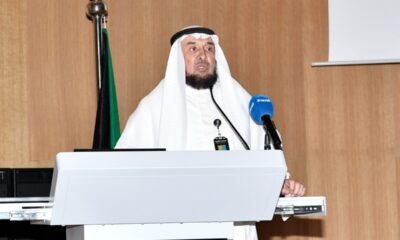
 Latest News8 hours ago
Latest News8 hours ago
 Latest News7 hours ago
Latest News7 hours ago
 Politics17 hours ago
Politics17 hours ago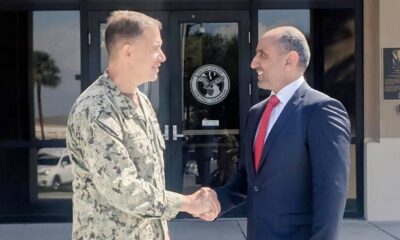
 Latest News16 hours ago
Latest News16 hours ago






